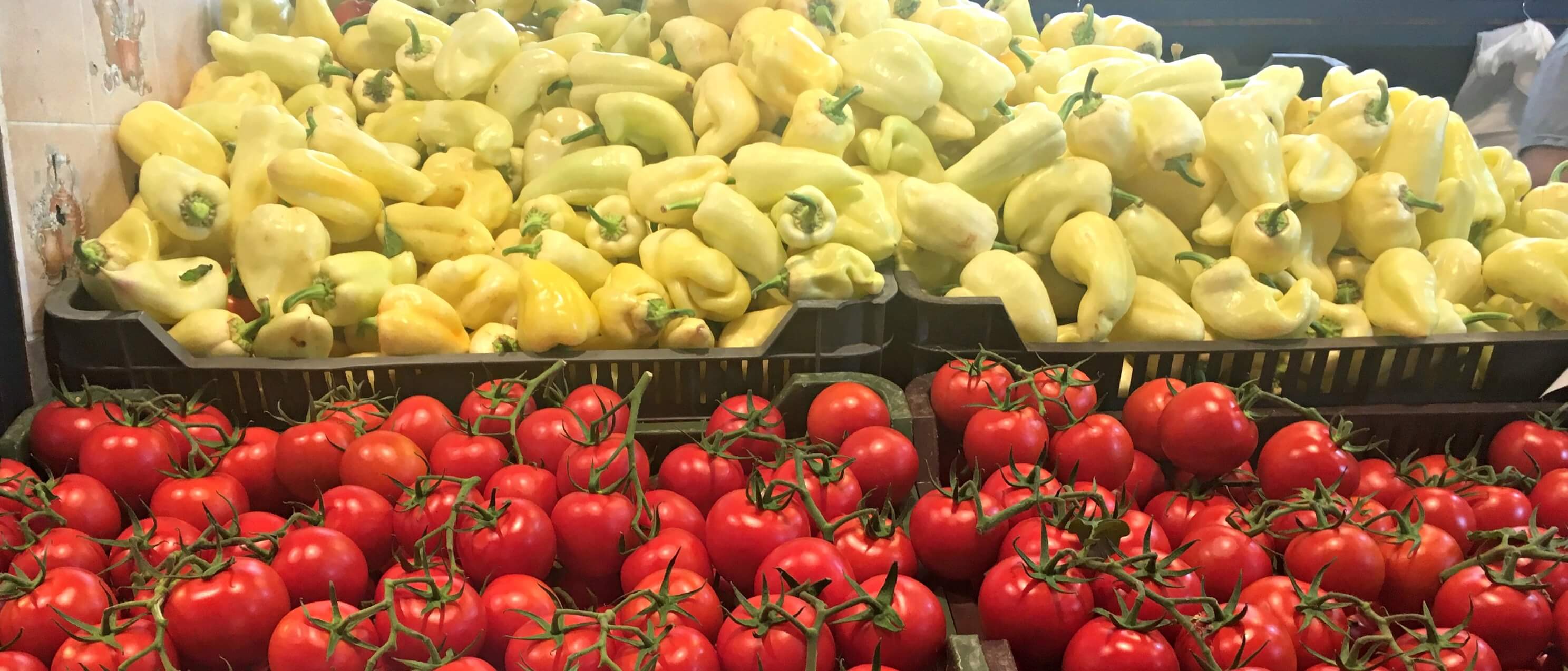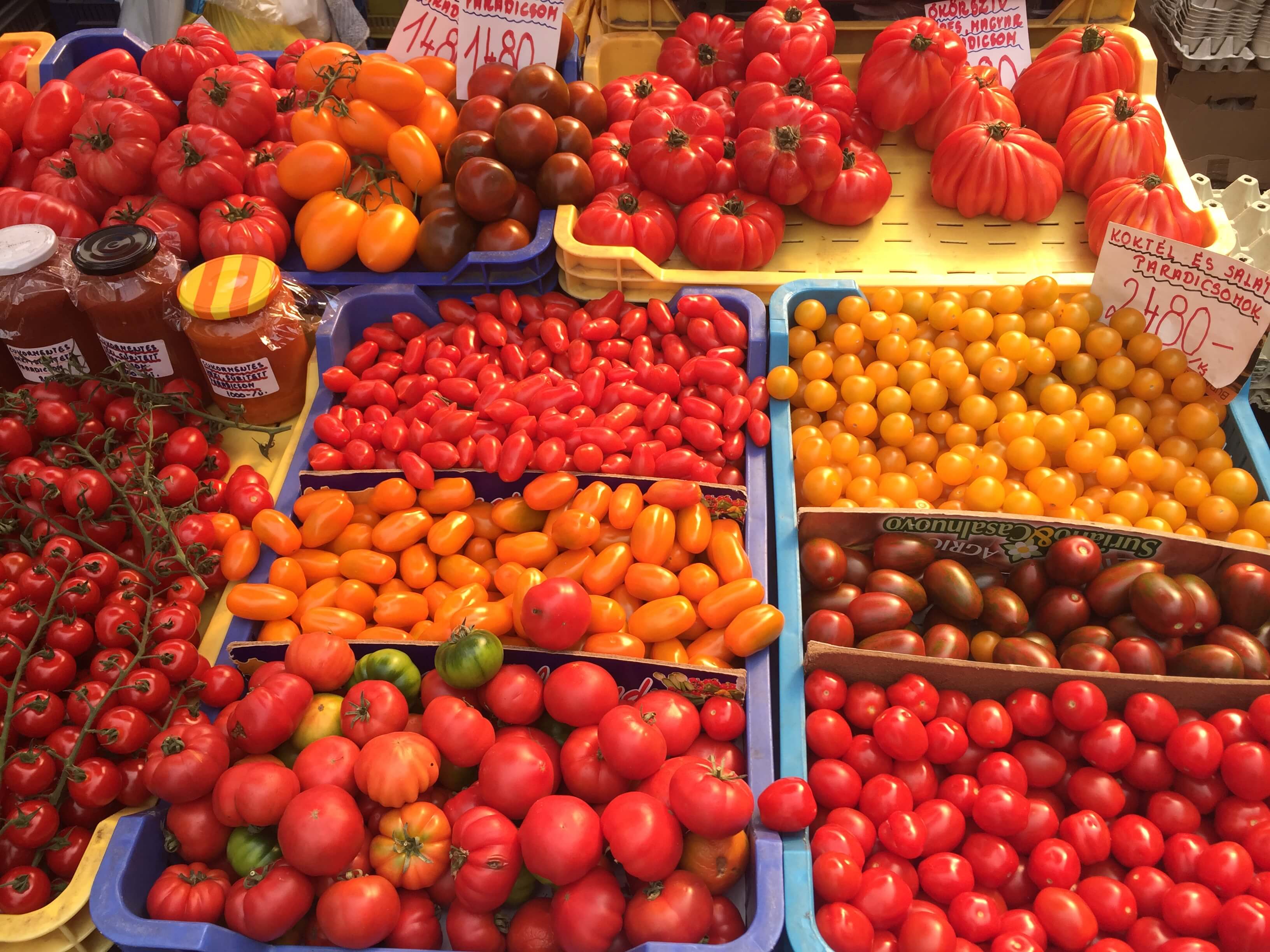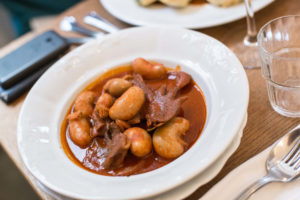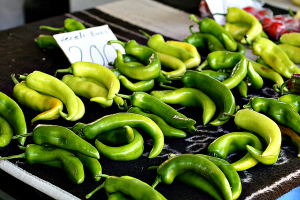
Lecsó as a Verb
3 minutes read
“Where are you going to lecsó?” asked a friend, back in the early days of summer.
“Oh, I’ll lecsó over in Badacsony, and a bit around Budapest. I’ll lecsó wherever the lecsó-ing is good.” It was agreed any plan for a decent summer, required a healthy bit of lecsó.
Lecsó as a noun is known in flippant company as the Hungarian ratatouille, the dish that’s not really a stew, not a soup, not exactly a side dish, but somehow takes characteristics of all these to make a main course. Entry level lecsó comprises wax peppers and perhaps bell peppers, field tomatoes, onion, paprika, and garlic to taste. Lecsó is a summer favorite, when the peppers and tomatoes are in season and inexpensively bought in the market. A bowl of lecsó defines some people’s summer the way a trip to Croatia or Balaton defines the summer for others.
One of lecsó’s sexiest attributes is its versatility. It can be eaten for any meal. To my mind, it’s best for breakfast, having been made the day before and left overnight, made with lecsó sausage, whose fat melts into the dish, eaten not too early, but after waking, groggy from the night before and not much on the agenda. Or it can be host to a pork chop for a hearty lunch, so bright it almost glows amidst so many beige and gray dishes, who apparently don’t even know it’s summer. In this case it’s an adjective: lecsós sertéskaraj, a lecsó-y pork chop. It’s versatile in language as well. The vibrant red of a lovingly spiced lecsó makes you think lecsó should also be a color.

But how does lecsó graduate to the noble elevated status of being a verb? Hungarian is a wonderfully flexible language, and many nouns can be easily transformed into infinitive verbs with the right suffix. English, or angol, can be ‘done’ by adding ‘ozni’ and thus to angolozni means you are Englishing, or working in English. Or, to get more creative, when the word for sausage – kolbász – is given a verb-creating suffix of olni, and you are sausaging, which means, wandering around. You see where I am getting with lecsó? There is a lecsózni, born of drug slang, but lecsó, a healthy dish that thrives on being neither one thing or another, deserves something better. A word to describe a luxurious state of in between. Not necessarily though laziness, but a disposition that has been earned, and a word that will be delicious leaving the mouth as it is entering.
Where did you lecsózni this summer?








Comments(0)
Leave a comment!